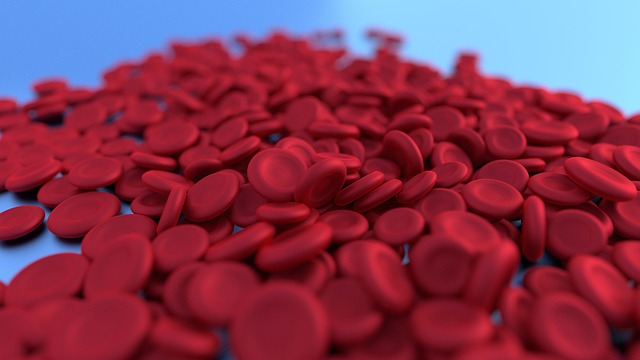Improving hemoglobin levels naturally involves making dietary and lifestyle changes to ensure your body gets the necessary nutrients for the production of hemoglobin. Here are some tips to help boost hemoglobin levels:
- Eat Iron-Rich Foods:
- Iron is a crucial component of hemoglobin. Include iron-rich foods in your diet, such as lean meats, poultry, fish, beans, lentils, tofu, fortified cereals, and dark leafy greens like spinach.
- Consume Vitamin C-Rich Foods:
- Vitamin C enhances the absorption of non-heme iron (the type of iron found in plant-based foods). Include fruits like oranges, strawberries, kiwi, and vegetables like bell peppers and broccoli in your diet.
- Increase Folate Intake:
- Folate (vitamin B9) is essential for the production of red blood cells. Foods rich in folate include lentils, beans, spinach, asparagus, and fortified cereals.
- Vitamin B12 Sources:
- Vitamin B12 is crucial for the production of hemoglobin. Include foods rich in vitamin B12, such as eggs, dairy products, meat, fish, and fortified cereals.
- Cook in Iron Pots:
- Cooking food in cast iron pots can increase the iron content of your meals. This is especially beneficial for individuals with iron-deficiency anemia.
- Avoid Iron Inhibitors:
- Certain foods and drinks can inhibit iron absorption. Avoid consuming tea, coffee, and calcium-rich foods at the same time as iron-rich meals.
- Eat Pomegranate:
- Pomegranate is rich in iron and other nutrients that support healthy blood. Consuming pomegranate juice or fresh pomegranate seeds can be beneficial.
- Include Copper-Rich Foods:
- Copper is involved in iron metabolism. Foods rich in copper include nuts, seeds, seafood, organ meats, and whole grains.
- Stay Hydrated:
- Drinking an adequate amount of water is essential for overall health, including maintaining proper blood volume. Dehydration can affect the concentration of hemoglobin in the blood.
- Avoid Excessive Tea and Coffee:
- Excessive consumption of tea and coffee can interfere with iron absorption. Limit the intake of these beverages, especially around meal times.
- Exercise Regularly:
- Regular physical activity stimulates the production of red blood cells and can contribute to overall better blood circulation.
- Get Enough Sleep:
- Adequate sleep is crucial for the body's overall health, including the production of red blood cells. Aim for 7-9 hours of quality sleep each night.
If you suspect low hemoglobin levels or anemia, it's important to consult with a healthcare professional for a proper diagnosis and personalized advice. They may recommend additional tests, supplements, or medical interventions based on your specific situation.
News, Health, Travel & Entertainment Telegram Channel Click to Join Infimor
